
A diaspora is any mass movement of people away from their homeland, the scattering of a population; there have been many over the course of history - but for the purpose of this post I want to focus on one particular peoples’ diaspora - that of the Jews. This diaspora is so important is is often called The Diaspora - capital T, capital D.

It was only in 1948, after the horrific events of the Holocaust, that the leaders of the western world felt that the Jews should be returned to their homeland and the modern state of Israel was founded. Today 48% of the world’s Jews live in Israel. I am not going to get into rights and wrongs of this decision and the very difficult debate that surrounds Israel-Palestine; I only hope that we see peace in the near future.



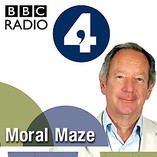


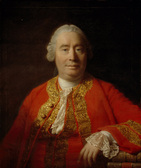

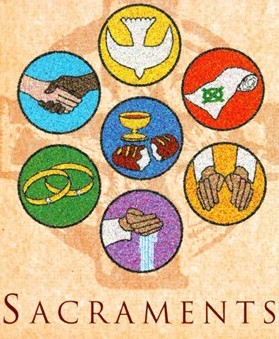
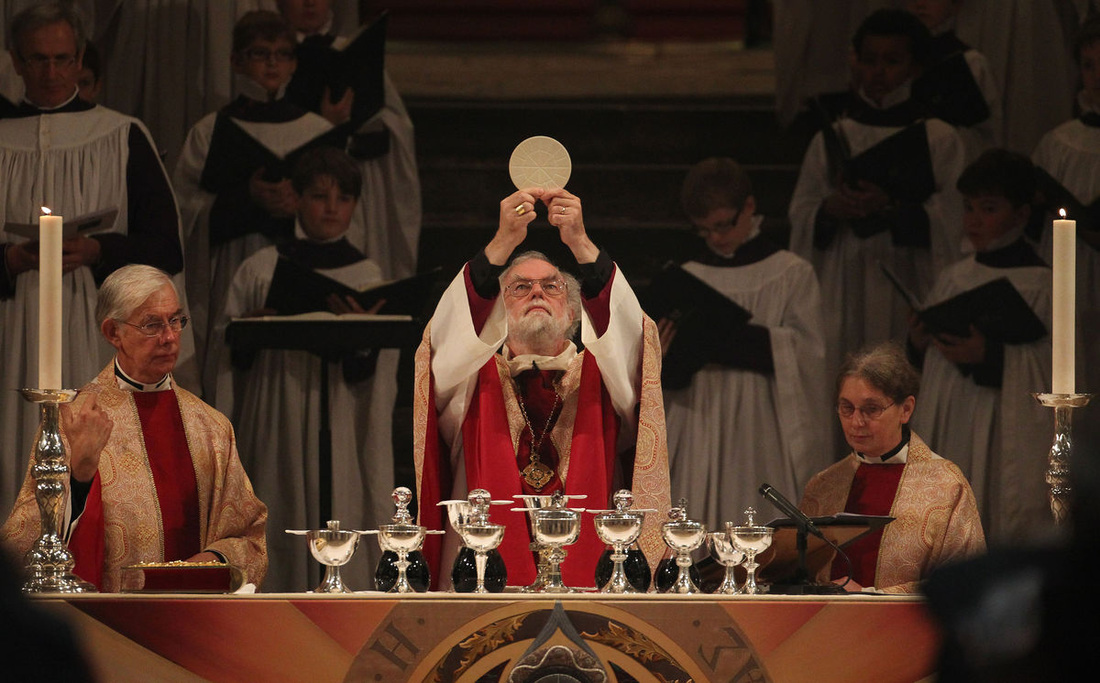

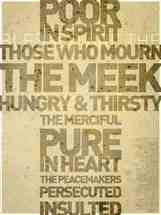
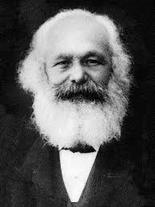
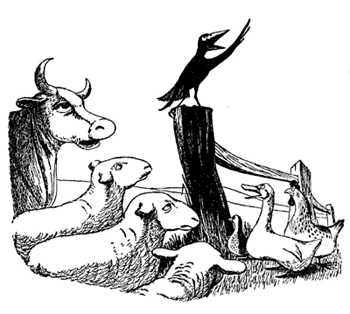
 RSS Feed
RSS Feed
